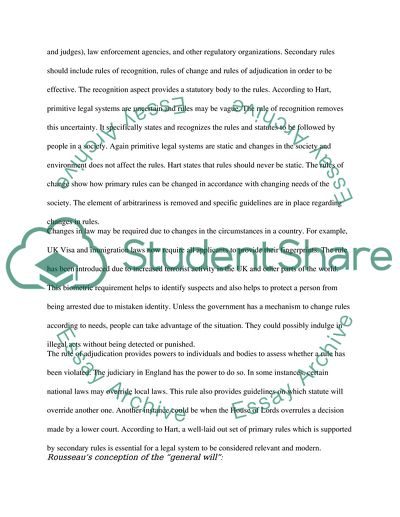Cite this document
(Harts Primary and Secondary Rules Research Paper, n.d.)
Harts Primary and Secondary Rules Research Paper. Retrieved from https://studentshare.org/law/1731778-law
Harts Primary and Secondary Rules Research Paper. Retrieved from https://studentshare.org/law/1731778-law
(Harts Primary and Secondary Rules Research Paper)
Harts Primary and Secondary Rules Research Paper. https://studentshare.org/law/1731778-law.
Harts Primary and Secondary Rules Research Paper. https://studentshare.org/law/1731778-law.
“Harts Primary and Secondary Rules Research Paper”, n.d. https://studentshare.org/law/1731778-law.


